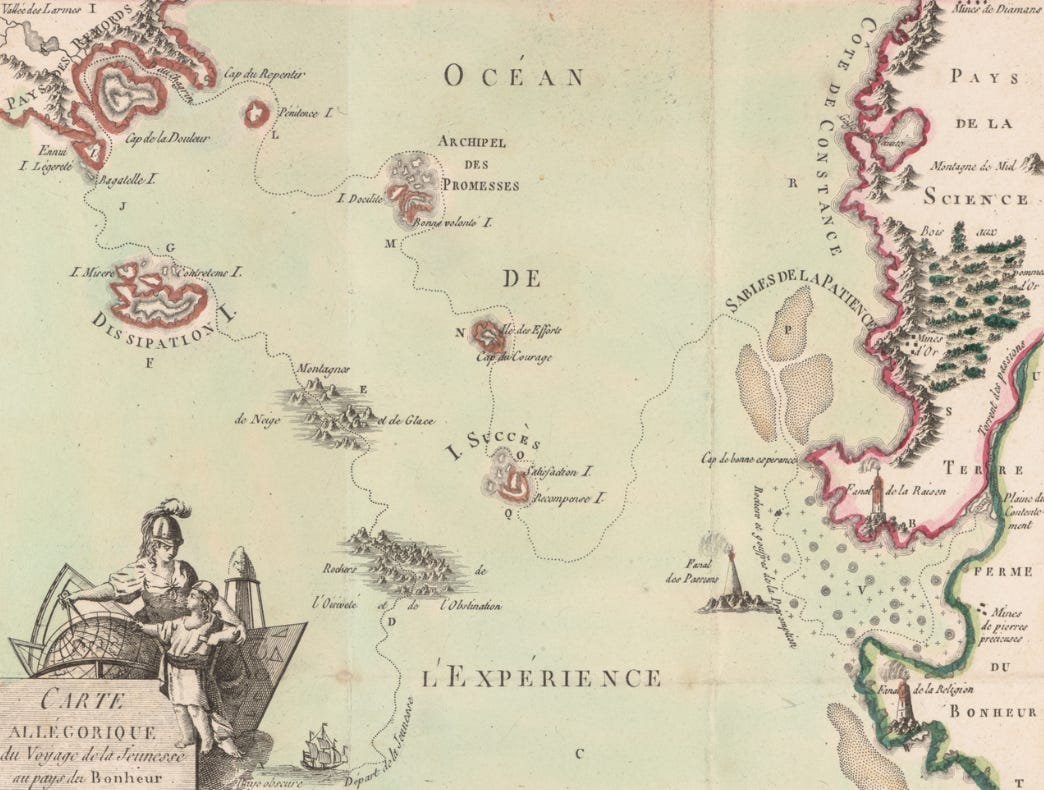Week signals: The kids are alright
Plus: watch points for Germany, the IAEA, Malawi, the US, the UK, Canada, and Mexico.

Hello,
In this week’s edition of Week Signals:
IN REVIEW. The clash of geopolitics and “demo-politics”, and from multipolar to multigenerational.
UP AHEAD. Malawi and North Rhine-Westphalia vote, the IAEA meets, Trump visits Britain, and Carney visits Mexico.
And don’t forget to connect with me on LinkedIn.
Week Signals is the Saturday note for clients of Geopolitical Strategy, also available to GD Professional subscribers on Geopolitical Dispatch.
The Week in Review: Politics isn’t wasted on the young
The week began with the resignation of a prime minister in Japan and the appointment of one in France. It ended with a government toppled in Nepal, a political murder in the US, Israeli jets in Qatar, Russian drones in Poland, a 27-year sentence for Jair Bolsonaro, and more from Argentina to Indonesia, Norway, Belarus and South Korea.
There is no shortage of topics to choose from, but if a thread can be found, it's the overstatement yet underappreciation of youth demographics in not just this week's events but across our changing geopolitical system.
World order is typically seen to be driven by states, geography, and military power. If there's a human element to it, it’s the cliche of old men in pinstripe suits. The current spate of leaders in 2025, the most consequential of whom are male and old by any definition, doesn't dispel that notion. That the world's median age is 30.9 years – meaning most people weren't born when Boom Shake the Room was on the radio – seems irrelevant in the corridors of power, which are again humming with the tunes that went out of fashion at the end of the last Cold War.
But while geography is old, demography is young. Generation Z, defined as those born between 1997 and 2012, is not only the largest generational cohort in the world today (and an outright majority in Africa and much of the developing world), but is the dominant demographic for many of the world's leading technology and consumer-facing business. Even companies themselves are young. In 1958, the average lifespan of companies listed on the S&P500 was 61 years. Today it's 18.
Yet to the mainstream media (i.e. the stuff that older folks read), Generation Z and the firms they transact with are both an enigma and a worry It shows in this week’s heated commentary, from the social media-fuelled riots in Nepal – which saw the old guard chased into a river and a new leader elected via Discord (that said, the kids did chose a 73-year-old former chief justice) – to the assassination of 31-year-old influencer Charlie Kirk by an alleged 22-year-old, whom politicians can't work out is far-left or far-right due to the niche internet references engraved on his bullets.
As Plato is supposed to have said in 400BC: “What is happening to our young people? They disrespect their elders, they disobey their parents. They ignore the law. They riot in the streets, inflamed with wild notions.”
Or as a chaplain in the American Revolution, Enos Hitchcock, once said: “the free access which many young people have to romances, novels, and plays has poisoned the mind and corrupted the morals of many a promising youth.”
Today’s Baby Boomers, many of whom are leading the moral panic, may well reflect on their own youth, when in the 1960s and 1970s social polarisation and political upheaval made this year’s events seem not so much tame, but relatable. Seen from the US perspective, they may have had hippies, not hipsters, marijuana, not fentanyl, and free love, not free Gaza, but the sense of ennui was similar. The wars (e.g., Vietnam) were, in aggregate, bloodier. The assassinations (e.g., MLK, JFK, RFK) were possibly more consequential. The technological and political changes (e.g., the moon landing, civil rights) make crypto and Greta Thunberg seem small beer by comparison.
But unlike the world of 50 years ago, today’s moment of socio-cultural change – what some refer to as a “fourth turning” – is significant in that it maps over a shift in the centre of gravity from the Atlantic to the Pacific and from US hegemony to China-led multipolarity. It’s perhaps why the stories where the geopolitical and the “demo-political” overlap – whether the slain Israeli festival-goers of October 7, or the slain Palestinian children since – are so enraging. And while politics has always been animated by a concern for the young, whether as soldiers or innocents, today’s worries of generational threat (migration, AI, addiction, low job security and household formation) have a uniquely global dimension.
What lessons can businesses learn as they face these intersecting cultural, political and demographic shifts? What does the future hold for the old and the young? Are the kids alright?


